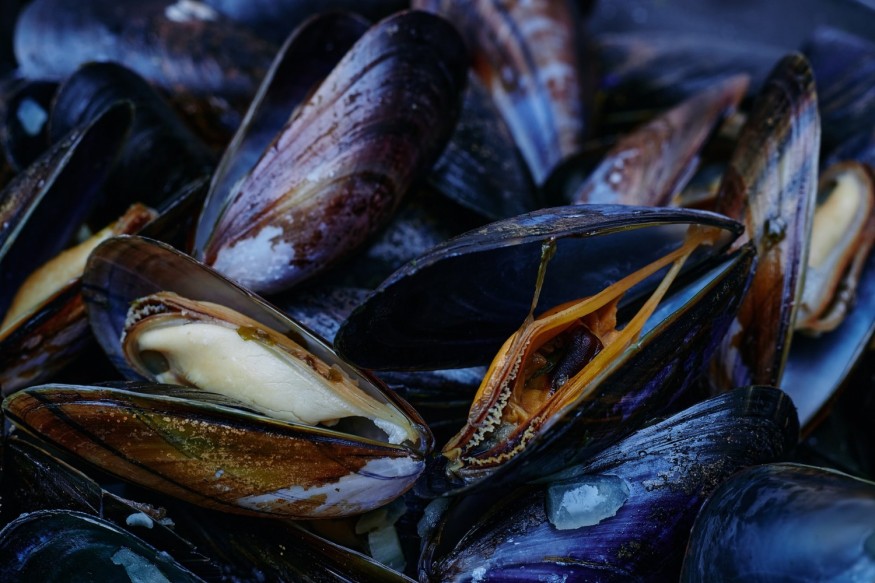As the world is experiencing climate change and drastic natural phenomena in the past couple of years, there has been a constant problem that starts on microplastics of the ocean and toxic waste.
This challenges us to think and find possible remedies, but there are organisms that may be able to naturally fix the problems present. One good example is mussels, which is a type of mollusk found capable of filtering microplastics on the ocean by constantly filter feeding.

Study shows that mussels can filter or decompose materials smaller than five millimeters. This process may help solve the problem regarding microplastics globally.
People throughout the world are having trouble with garbage management because of the continuous bad habits of mankind. People tend to throw their trash everywhere, waste thrown to the ocean and forest, polluting the air, which all contributes to one thing which is climate change. Climate change describes the change of conditions, increase in temperature, and increase in water levels throughout the world.
Unique Ability of Mussels
It starts with mussels absorbing the microplastics and excreting them. Though it has been processed by the mussel it does not harm the mussel itself.
Microplastic is the simple term for a small particle of plastics, ranging from artificial textiles and rubbers. Imagine how small particles are so hard to be collected and the amount of time it takes for them to decompose.
According to research, one adult mussel can filter feed 15 gallons of water per day and a six-mile bed of mussels can filter 25 tons of particulate matter per year. This becomes a subject of experimentation by offices that focus on nature preservation and waste management.
By this, an experiment composes of 300 mussels are placed on a tank and are being fed with microplastics and phytoplankton. Results show that twenty-five percent of the microplastics are filtered.
Innovative Approach to Microplastics Deposition to Society
It was confirmed that mussels are be able to hold or deposit microplastics in the bivalve's droppings that may be used for biofuel, because of the composition of carbon in the microplastics. This innovation does not only help nature but also improves a country's economy
Approaching different kinds of possible remedies in improving waste disposal and management comes with great responsibility because of different intentions and interest of a country. Other countries see this to get biofuel naturally and sell it to market.
Azza Abdel Hamid Faiad, an Egyptian student won the European Fusion Development Agreement award at the 23rd European Union Contest for Young Scientists that exhibits that it is possible to create biofuel from plastics.
Her new catalyst can be used to heat up the polymers and plastics producing methane, propane and ethane which can be converted to ethanol which is also used to produce biofuel.
Her innovation is safe and does not emit gas that is harmful to the society and the environment. With Faiad's innovative catalyst, plus the natural filtration process of mussels, microplastic waste can now be reduced.
© 2026 NatureWorldNews.com All rights reserved. Do not reproduce without permission.





